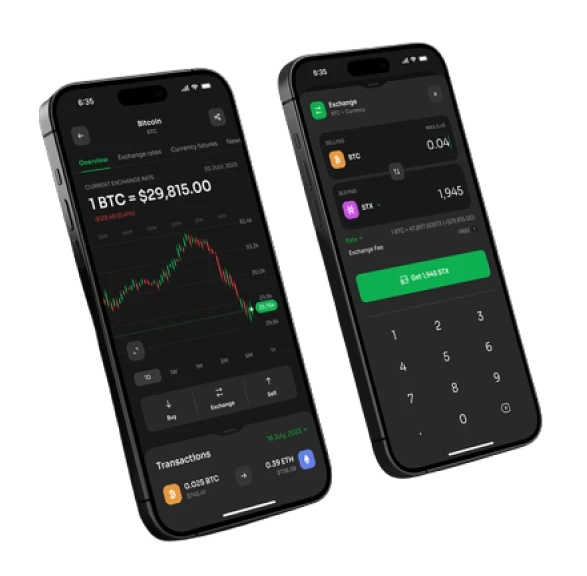A market index is a theoretical portfolio of investment holdings that reflects a segment of the financial market. The calculation of the index value comes from the prices of the underlying assets. Some indexes have values based on market capitalization weighting, revenue-weighting, float-weighting, and fundamental-metrics. Weighting is a technique of adjusting the individual impact of items in an index.
Investors monitor various market indexes to gauge market movements. The three most popular stock indexes for evaluating and tracking the performance of the U.S. market are the Dow Jones Industrial Average (DJIA), S&P 500 Index and Nasdaq Composite Index. In the bond market, Bloomberg is a leading provider of market indexes with the Bloomberg U.S. Aggregate Bond Index serving as one of the most popular proxies for U.S. bonds.1 Investors cannot invest directly in an index, so these portfolios are used broadly as benchmarks or for developing index funds.

Market indexes represent a broad portfolio of investment holdings.
The methodologies for building individual indexes vary, but most are calculated using weighted average mathematics.
Indexes serve as benchmarks to measure the movement and performance of specific market segments.
Investors rely on indexes as a foundation for portfolio strategies or passive index investing.
A market index tracks the value of a portfolio of holdings with specific market characteristics. Each index has a unique methodology which is calculated and maintained by the index provider. Index methodologies will typically be weighted by either price or market capitalization. A wide range of investors use market indexes for following the financial markets and managing their portfolios. Indexes play a significant role in the investment management business with funds using them as benchmarks for performance comparisons and managers using them as the basis for creating investable index funds.
Each individual index has its own methodology for calculating the index’s value. Most indexes rely on weighted average mathematics, where the total portfolio’s value is determined through a weighted average calculation. As such, price-weighted indexes will be more greatly impacted by changes in holdings with the highest price, while market capitalization-weighted indexes will be most impacted by fluctuations in the largest stocks, and so on, index depends on the specific weighting criteria.
